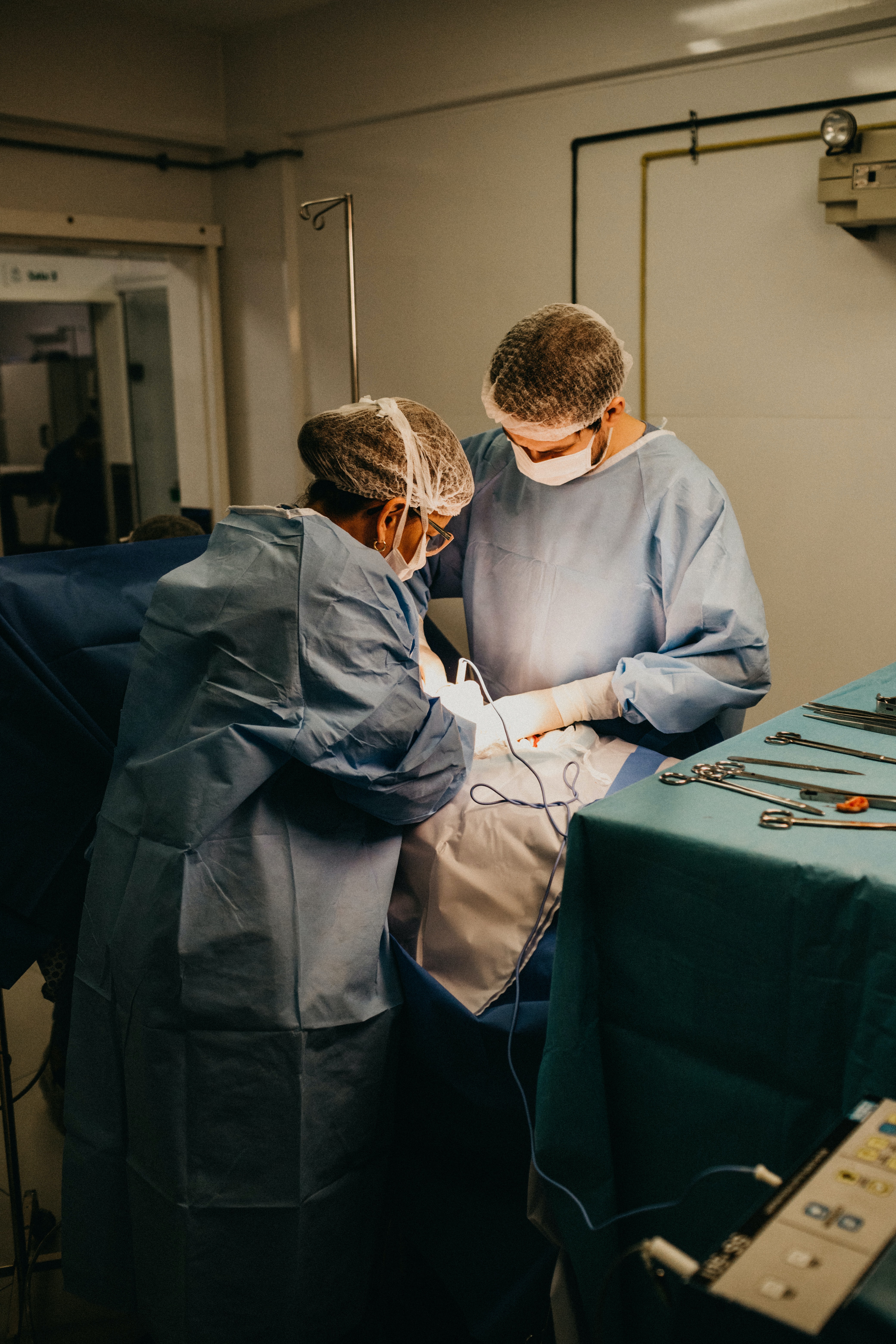Gabapentinoids and opioids, when paired together after surgery, increase the risk of overdose and other complications.
An observational study performed Katsiaryna Bykov, PharmD, ScD, of Brigham and Women’s Hospital and Harvard Medical School, along with their colleagues, and published in JAMA Network Open, reported gabapentinoids gabapentin (brand name Neurontin) or pregabalin (brand name Lyrica), when included with opioids, increased the post-surgical risk of overdose and other adverse complications. Gabapentinoids are anticonvulsants that are typically used to treat neuropathic pain.
The study observed 5.5 million hospital patient surgical admissions with close to 900,000 patients who received post-surgical treatment plans that included gabapentinoids paired with opioids. Among the remainder of patients who received only opioids, 441 overdoses occurred. “Absolute risk of overdose was 1.4 per 10,000 patients with gabapentinoid exposure and 0.7 per 10,000 patients with opioids only,” the authors reported.
“Perioperative use of gabapentinoids is increasing in the U.S.,” Bykov said. “These drugs are not approved for postoperative pain and their risk-benefit profile in this setting, particularly when co-administered with opioids, is not completely understood. For a particular patient, the benefits of multimodal postoperative analgesia that includes gabapentinoids may outweigh the risks, but physicians need to keep in mind that these drugs have side effects and may behave in an additive way when co-administered with opioids.”

“Since the CDC issued its guidance to general practitioners about opioid prescribing, physicians have been looking for ways to limit opioid prescribing without compromising patient safety or pain relief,” said Joseph Pergolizzi Jr., MD, of Naples Anesthesia and Physician Associates in Florida.
“Of concern is the fact that gabapentinoids are associated with sedation and, when combined with opioids, can potentiate central nervous system depression,” Pergolizzi noted. Interest in adjunctive gabapentinoids for postsurgical patients “likely arises more from a desire to minimize opioid consumption than from the benefits specific to these anticonvulsants themselves. But reducing overall opioid consumption does not necessarily translate to reducing opioid-associated adverse events. As combination analgesia gains traction for in-hospital acute painful conditions such as postsurgical pain, it is important to be guided by evidence rather than intuition. The evidence in support of the analgesic benefit of gabapentinoids combined with opioids for postoperative analgesia is equivocal; there is no real support that adding gabapentinoids to opioid pain relievers offers additive, much less synergistic, enhancements to pain.”
The researchers analyzed 5,547,667 adults with a mean age of 64 in the Premier database admitted for surgical procedures to U.S.-based hospitals in the ten-year span from October 2007 and December 2017. An estimate 60% of these patients were female and about 16% (892,484 patients) received gabapentinoids with opioids after an average post-procedure hospital stay of four days.
In taking a look at the cause of overdose and post-surgical complications, “respiratory complications occurred in 15,177 patients (0.3%) and 4,107 patients (less than 0.1%) had unspecified adverse effects of opioids. A total of 17,974 people (0.3%) had a composite outcome of opioid overdose, respiratory complications, and unspecified adverse opioid effects.”
In conclusion, the study suggests, “The results of this study suggest that adjuvant use of gabapentinoids for pain management in postoperative setting is associated with increased risk of serious opioid-related adverse events, such as overdose and respiratory complications. The events were rare, corresponding to an NNT for an additional overdose to occur of more than 16 000 patients. Nevertheless, patients receiving multimodal pain management therapy that includes gabapentinoids should be closely monitored for possible respiratory depression.”


Join the conversation!